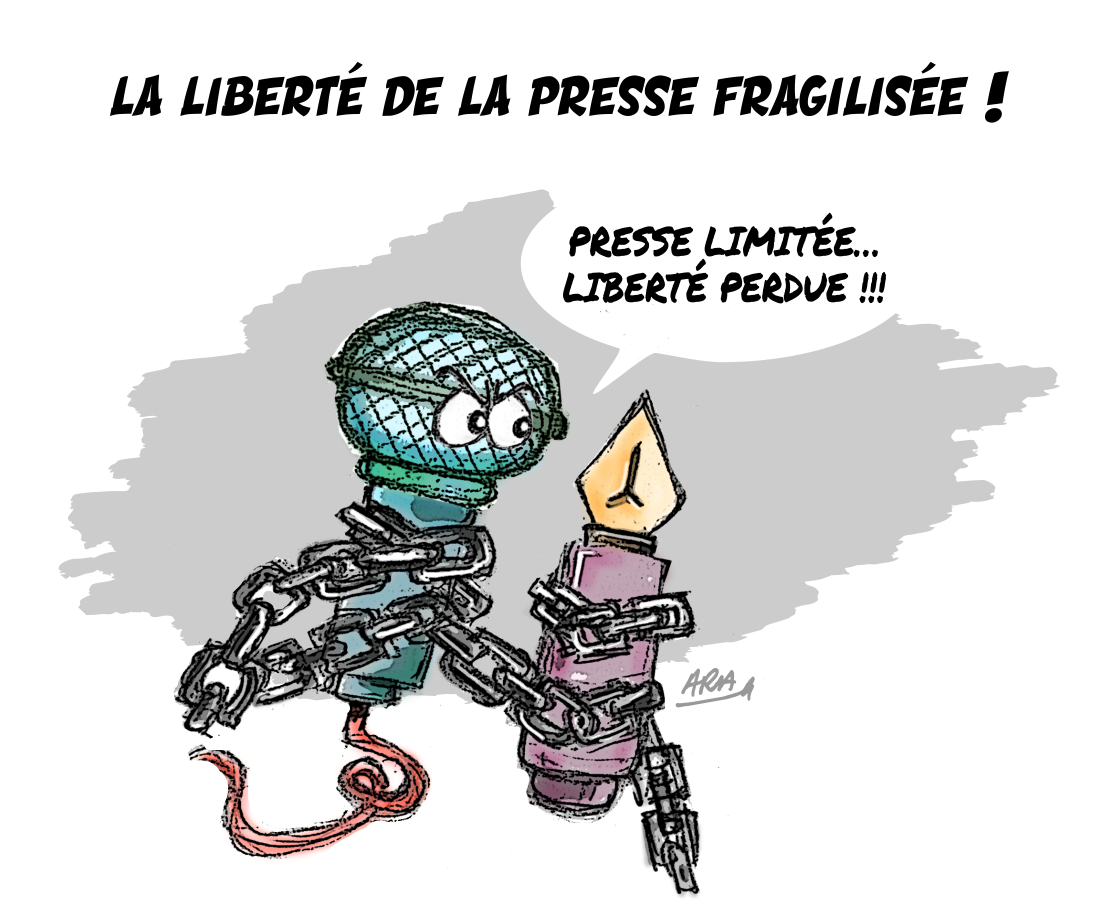INTERVIEW EXCLUSIVE : Martin Landray, Recovery - hydroxychloroquine game over UK

Interview of Professor Martin Landray PhD FRCP Co Head of the UK based Recovery Trial
On the 5th June, a press release from Recovery, the largest trial in the UK with 11 000 patients, announced that hydroxychloroquine does not work and that it would be removed from the trial with immediate effect. Hence stopping any patients on the treatment and stopping the inclusion of the treatment. As we did for the other studies, we requested an interview with the co-heads of the trial and Martin Landray accepted to answer our questions Friday 5th june at 20.00. The interview was conducted in English, reviewed by Martin Landray and then translated.
The last interim report of Recovery was on 28th 2020 and announced the next report for the 11th june 2020.
FranceSoir : Professor Landray, please tell us about the Recovery monitoring process ?
ML : The trial has been ongoing for 11 weeks with a review at least every two weeks throughout that time by the IDMC (Independent Data Monitoring Committee). Their role is to check if there's any strong signal that one of the drugs is clearly working for the goods, or clearly got a hazardous issue, or it just had no effect at all.
FS : The report was originally supposed to come out on the 11th june, what were the reasons to bring forward the results?
ML : The next review by the IDMC was scheduled for 11th June. Depending on their findings they would then advise us about whether to continue particular treatment arms. The MHRA, medicine regulatory body in the UK contacted us on the 4th June. They wanted information about the safety of the hydroxychloroquine in the trial. That is what triggered the interim analysis of the IDMC as I personally can not see the data. As a consequence, the IDMC advised that we should be unblinded to the comparison of hydroxychloroquine (HCQ) versus the standard of care at the hospital. That was done on June 4th in the evening. We then announced the results on the 5th June.
So the triggering factor was a request by the regulator
FS : What are the treatments included in the trial ?
ML : The nature of such an extended study is we will add various treatment as science evolves over time. For HCQ, we submitted the addition on the 23rd march and we got approval on 25 march. At present we are testing the following drugs Lopinavir-ritonavir, low dose corticosteroids, hydroxychloroquine (which we have now stopped), azithromycin, convalescent plasma and tocilizumab.
FS : From the data you presented, it would appear that they are more elderly patients with higher level of pre existing conditions (25% diabetes, 25% heart conditions). Why ?
ML : Any patients with the COVID 19 disease profile is eligible for inclusion in the study, in every hospital in the UK. Although we have not yet checked in detail the age and the disease profile would appear to be like what we see in the normal routine care.
Roughly speaking, one out of every six patients in the UK that has been into hospital with Covid is in the study so it is very representative. The youngest patient is one and the oldest 109 years of age.
Patients admitted to hospital for the Covid may have had various other conditions so for example a patient with diabetes or heart disease. They would have been treated for that condition.
The patients were then randomly allocated to the HCQ arm or to the control arm (or to one of the other arms in the study). So when we look at the data, the only difference between the two cells is whether they have received HCQ or not.
FS : In page 20 of your document of 2nd of June you state that patients treated with HCQ will be different from those without. Can you please explain?
ML : This is the educational material we provide to the investigators. This page does not refer to the Recovery trial – it relates to the Lancet study that has now been retracted. It was in the report as we constantly monitor what is going on in other studies and report on that for the investigating team. At the time everybody thought the data was real, but the observational method makes the results unreliable and emphasises that we need robust information from randomised controlled trials.
In addition, page 15 to 17 talks about Remdesivir. As it is a live study and we investigate any evolutions on the treatments around the world, so this is the current state of research or findings on that drug.
FS : Remdesivir is not in the Recovery trial. Why as it has shown potential?
ML : At the time when we designed the study, Remdesivir was not available in the UK in sufficient quantity so we could not include it in the trial.
FS : Could you please precise what dosage of HCQ you gave to the patient ? and the results ?
ML : It is 2400 mg in the first 24 hours and 800 mg from day 2 to day 10. It is an 10 day course of treatment in total. These are quite high doses to make sure that the blood levels got high enough to have a chance of killing the virus.
FS : How did you decide on the dosage of HCQ ?
ML : The doses were chosen on the basis of pharmacokinetic modelling and these are in line with the sort of doses that you used for other diseases such as amoebic dysentery.
FS : Are there any maximum dosage for HCQ in the UK?
ML : I would have to check but it is much larger than the 2400mg, something like six or 10 times that.
There is no approved dose for Covid patients because it is not approved for use in Covid patients.
FS : Are there any doses considered lethal for HCQ in the UK by the MHRA?
ML : The treating doctors did not report that they thought any of the deaths were due to hydroxychloroquine. For a new disease such as Covid, there is no there is no approved dosing protocol. But the HCQ dosage used are not dissimilar to that used, as I said, in for example amoebic dysentery.
FS : and is HCQ lethal?
ML : first of all we did not see any increase in deaths on day one when the dosing was greatest. Nor do we see any increase in deaths overall in the HCQ versus the control cell. In the study, one in four patients that got to hospital died, either in the HCQ cell or in the control cell.
This is a drug that doesn't reduce the risk of death.
FS : And HCQ does not work ?
ML : Yes, we have demonstrated that this drug is no good for this disease whatever one wants to believe. That is what the results say. We do trials in order to understand and to get answers.
I didn't know the answer yesterday I do now.
FS : Where there any safety concerns over HCQ ?
ML : We decided that we would stop that arm not because of safety but because it doesn't work.
We now have clear evidence that it does not work and there's no point taking a treatment that does not work.
FS : Did you treat any patients yourself
ML : No as the patients are spread out through the 175 hospitals across the whole of the UK
FS : How was Recovery financed
ML : It was financed through grants of the two British institutes on the Health side and the Science side (United Kingdom Medical Research and the National Institute for Health Research) It is a peer reviewed grant awarded back in February. That is what essentially supports the study . The total grant is 2,000,000 pounds over 18 months. It is in fact a rather low-cost study for 11000 patients and the same ratio of that Canadian study (ndlr : 150 000 CAD for 800 patients).
Professor Landray we would like to thank you for taking the time to answer our questions
Martin Landray is a professor of medicine and epidemiology and one of the Chief Investigators of the RECOVERY trial. He is research Director, Health Data Research UK, acting Director of the Big Data Institute, leader of the Big Data & Computing Innovation, MRC Population Health Research Unit. He leads Clinical Informatics & Big Data, NIHR Oxford Biomedical Research Centre. His work seeks to further understanding of the determinants of common diseases through the design, conduct and analysis of efficient, large-scale clinical trials and prospective cohort studies (including UK Biobank). He has led a series of major clinical trials assessing treatments for cardiovascular and kidney disease. These have enrolled over 65,000 individuals, producing results that have changed regulatory drug approvals, influenced clinical guidelines and changed prescribing practice to the benefit of patients.
He completed medical training at University of Birmingham (UK) and specialist training in Clinical Pharmacology & Therapeutics, and General Internal Medicine at University of Birmingham. He continues to practise clinical medicine as an Honorary Consultant Physician in the Cardiology, Cardiac and Thoracic Surgery Directorate at Oxford University Hospitals NHS Trust. He is a Fellow of the Royal College of Physicians of London, the Higher Education Academy, the British Pharmacological Society, and the European Society of Cardiology.
L'article vous a plu ? Il a mobilisé notre rédaction qui ne vit que de vos dons.
L'information a un coût, d'autant plus que la concurrence des rédactions subventionnées impose un surcroît de rigueur et de professionnalisme.
Avec votre soutien, France-Soir continuera à proposer ses articles gratuitement car nous pensons que tout le monde doit avoir accès à une information libre et indépendante pour se forger sa propre opinion.
Vous êtes la condition sine qua non à notre existence, soutenez-nous pour que France-Soir demeure le média français qui fait s’exprimer les plus légitimes.
Si vous le pouvez, soutenez-nous mensuellement, à partir de seulement 1€. Votre impact en faveur d’une presse libre n’en sera que plus fort. Merci.

